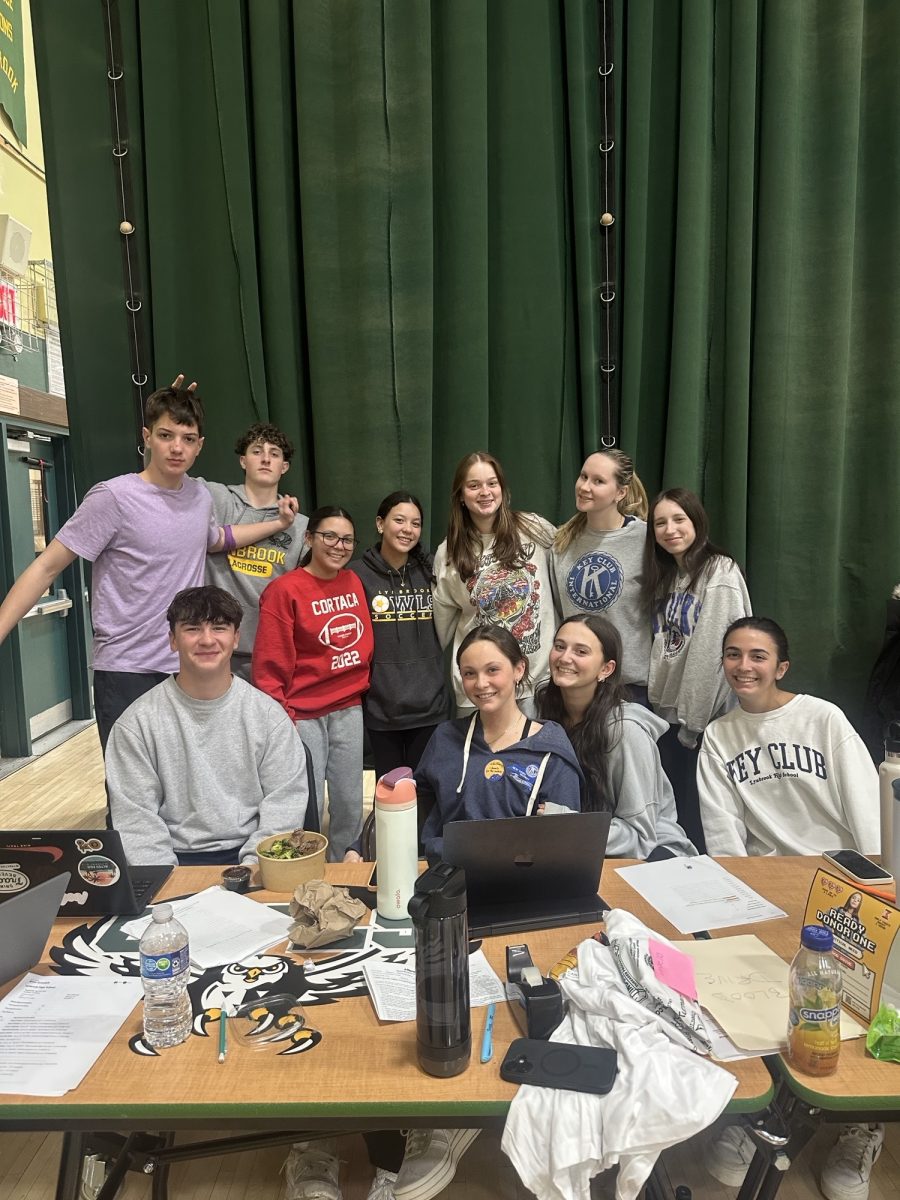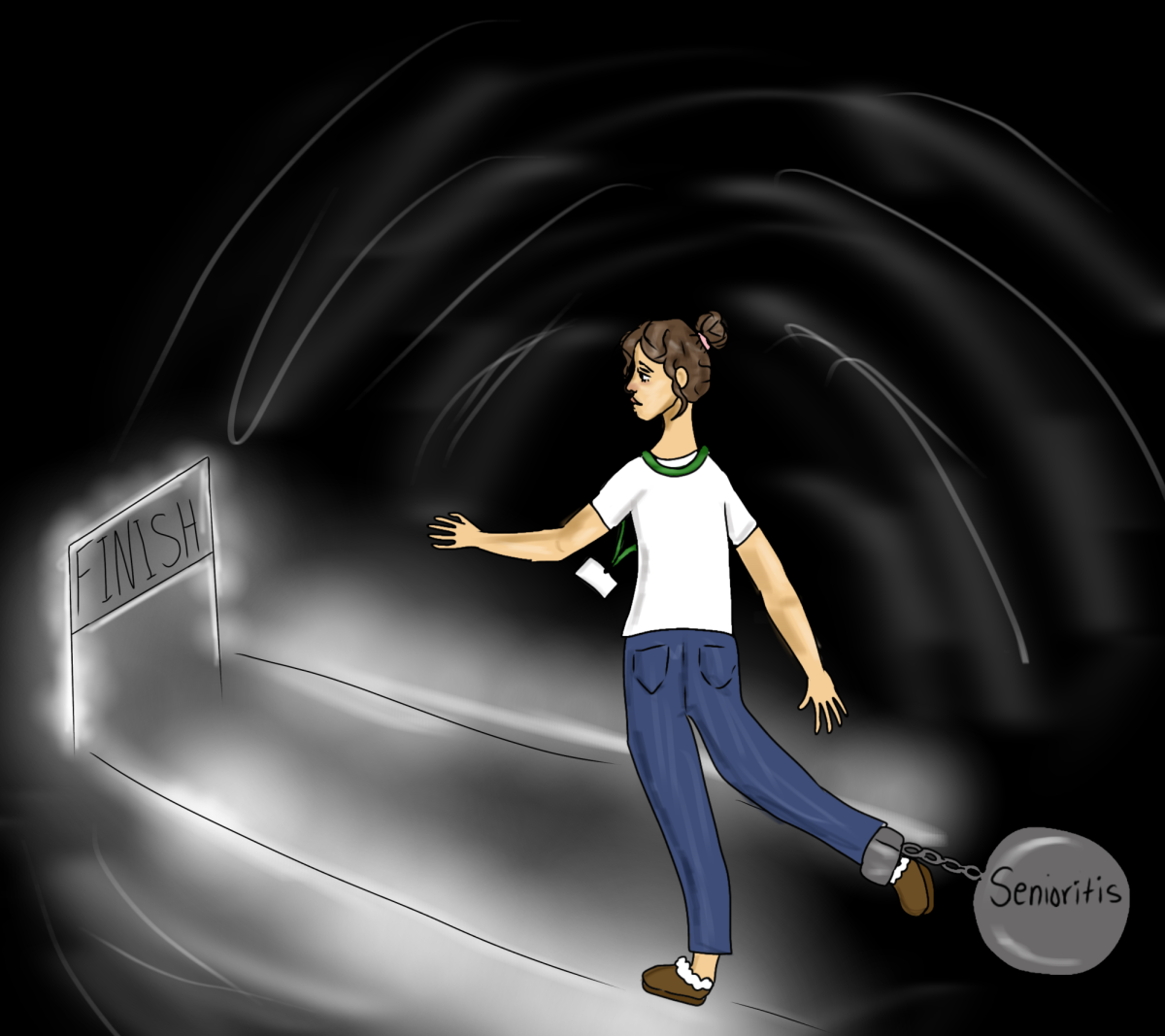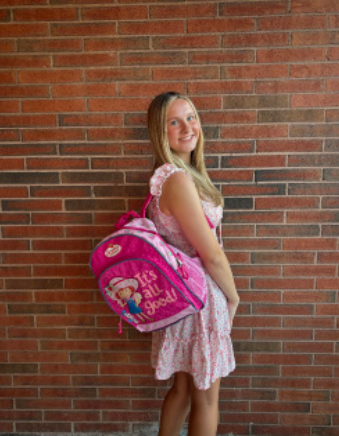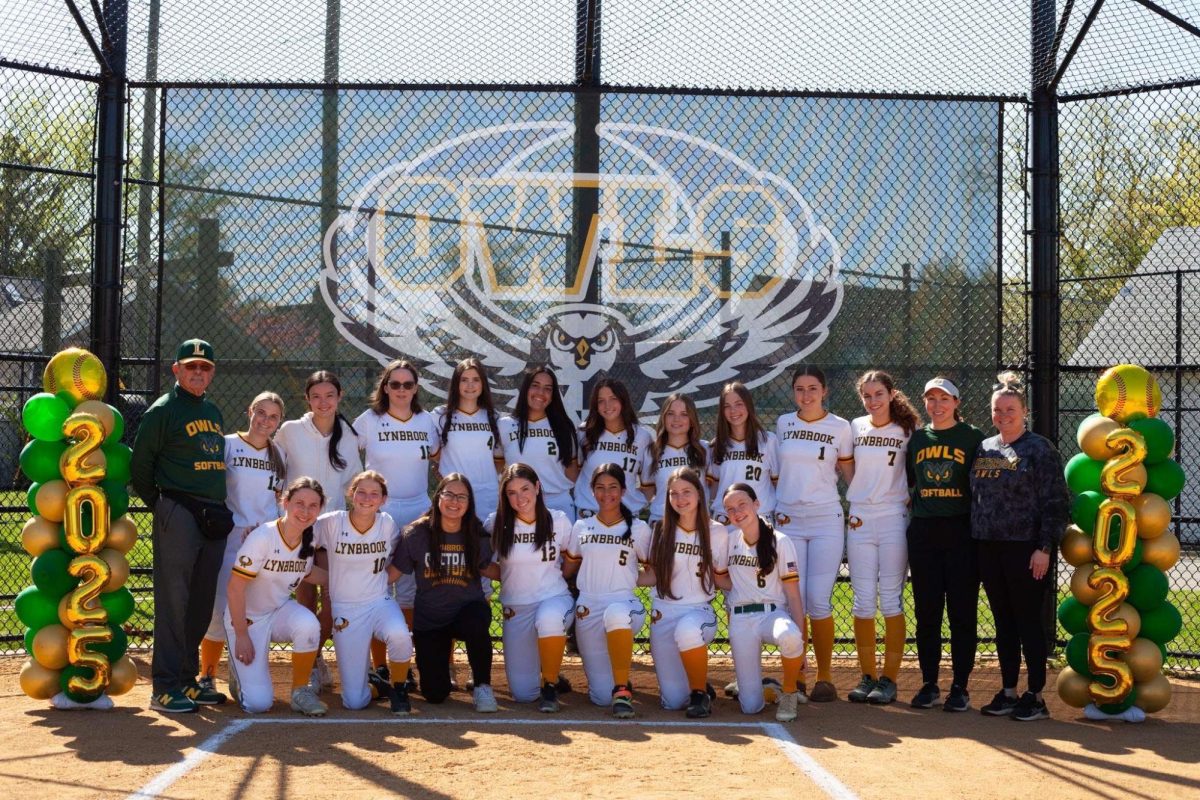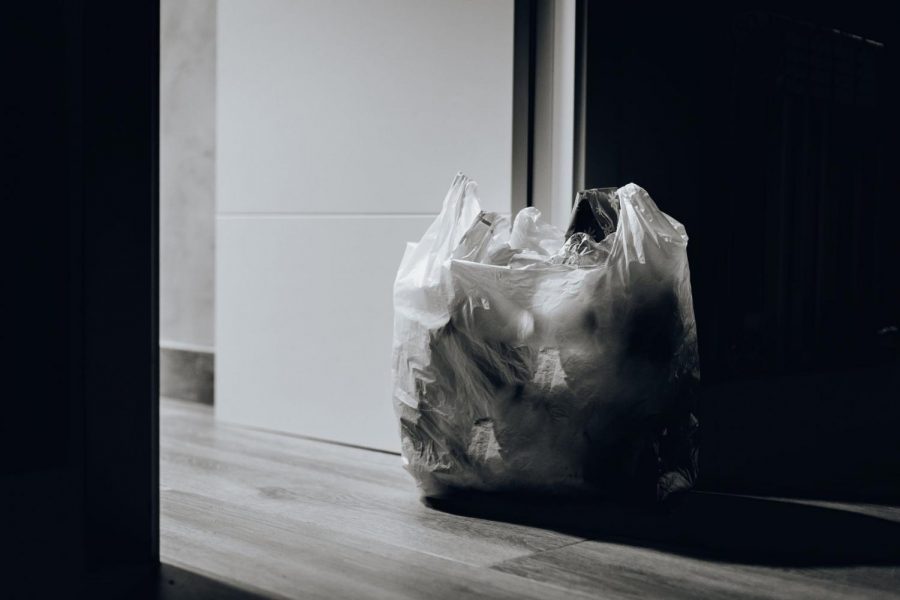Saving the Environment: It’s in the Bag
Over 23 billion plastic bags are used each year in New York, according to the Department of Environmental Conservation (www.dec.ny.gov) in an article entitled “Bag Waste Reduction Law.” Many may find that number alarming upon considering the effects of plastic on the environment. In response to this concern, the New York Senate passed the “Bag Waste Reduction” law, which, in a nutshell, prohibits most retailers from distributing plastic bags to consumers. As the law went into effect on March 1 of this year, New Yorkers are trying to adapt to this new, plastic-free way of living.
First, what exactly is the new legislation? The law reads, “No person required to collect tax shall distribute any plastic carryout bags to its customers unless such bags are exempt bags as defined in subdivision one of section 27-2801 of this title.” Simply put, any store who charges tax is no longer allowed to give customers plastic bags to carry their purchases in. Not only grocery stores, but pet supply stores, clothing stores, home improvement stores, and many others have stopped handing out plastic bags.
Upon closer inspection of the law, one will notice that some bags are marked “exempt.” What exactly does this mean? According to the New York State Senate, exempt bags include bags used to wrap uncooked meat as well as bags used to package fruits, vegetables, and other products of the sort. Other exempt bags include those used to hold newspapers for delivery to subscribers, bags sold in bulk, trash bags, garment bags, plastic carryout bags distributed by restaurants to give customers their food, and bags given out by pharmacies in order to carry prescription drugs. “I know we have not eliminated plastic bags completely, but whatever we can prevent is good,” stated Lynbrook resident Patricia Gerry.
Once one understands exactly what the law changes in society, it is important to realize why it was passed. What is so bad about plastic bags, anyway? They have been used for decades and are very convenient when carrying bulky items. One of the major problems with plastic bags is their negative impact on the environment. According to NTEPA’s website (https://ntepa.nt.gov.au) in an article entitled “Environmental Impacts,” animals commonly mistake plastic bags for food. If an animal consumes a plastic bag, it can have fatal effects on its health. It may choke to death on the bags, or, if they are swallowed, the animal may not be able to digest real food, causing it to die a slow death from starvation. Plus, if a human consumes an animal that has ingested a plastic bag, he or she will also be consuming toxins found in the plastic. Another ever-present problem with the bags is that they contribute to the littering of the environment. Need proof? Step outside and look at a nearby tree or body of water. One will be sure to find at least one plastic bag flapping in the wind or floating down a stream. A well-known example of littering is the Pacific Trash Vortex, a big heap of litter floating in the Pacific Ocean. Most of the so-called vortex is composed of plastic, especially plastic bags. The vortex is estimated to be twice the size of Texas. An obvious solution to this problem may be to throw out or recycle the bags, but they can take hundreds of years to break down, and only a small portion of recycled bags will actually be reprocessed. “I work for sanitation, so I know how bad plastic is for the environment because it does not burn well,” Gerry stated.
Without plastic bags, many may wonder how they are supposed to carry their purchases. In come reusable bags. “It took a little while to make sure I had reusable bags at all times. But now I keep them in my car and one in my pocketbook,” stated Amanda Marzari, another Lynbrook resident, who shops for groceries mainly at BJ’s and King Kullen. “Shopping at BJ’s, I got used to not using bags for much of my grocery shopping. Since BJ’s has never offered plastic bags, I place the items in a cart and wheel it directly to the car,” Marzari added. Reusable bags come in many types. There are cloth bags, paper bags, and even reusable plastic bags. And, lucky for consumers, the law states that, “No person required to collect tax shall prevent a person from using a bag of any kind that they have brought for purposes of carrying goods.” So, people are free to use whichever type of reusable bag they please.
Although it may not seem like a big deal, choosing the right type of reusable bag is important. A number of factors should come into consideration, such as durability, material, and for the environmentally concerned, biodegradability. According to All About Bags’ website (http://www.allaboutbags.ca) in an article entitled “Types of Reusable Bags,” there are advantages and disadvantages for using various types of bags. For example, cotton and canvas bags are soft, strong, durable, and machine washable. But the bags are not moisture resistant, can easily become contaminated with bacteria, and their production leaves a heavy environmental footprint on the world. Next, paper bags are biodegradable and recyclable, but they are not durable and are heavier than plastic bags. Finally, a common type of reusable plastic bag made of polypropylene has the texture and durability of cloth and is often made from recycled materials. But these types of bags are neither biodegradable nor machine washable and are not recyclable in some areas.
Although the ban on plastic bags was a controversial one, there has been much positive feedback among local citizens. “I am glad they did the ban and wish they did it sooner. I have always been into recycling – not just bags but everything,” stated East Rockaway resident and Marion Street Teacher Assistant Andrea Mansfield. “It’s one of my favorite things to teach,” she added. “I think the ban is good because we throw away too many things that are adding to the landfills,” stated Marzari. Gerry commented, “I am from a generation where there was a ban on paper bags because we were cutting down too many trees, so I hope people will do their best to use an alternative for plastic bags since it is best for the environment.”
It is inevitable that without plastic bags in the stores of New York, many benefits as well as many problems will surface. The next few months and even years will be an adjustment for all. Although a plastic-free world will undoubtedly be one of many trials and tribulations, it will have many positive effects on the environment and future generations to come.

I am a member of the Class of 2023 as well as one of the editors-in-chief of the print edition of Horizon. I enjoy reading, playing the violin, and using...




